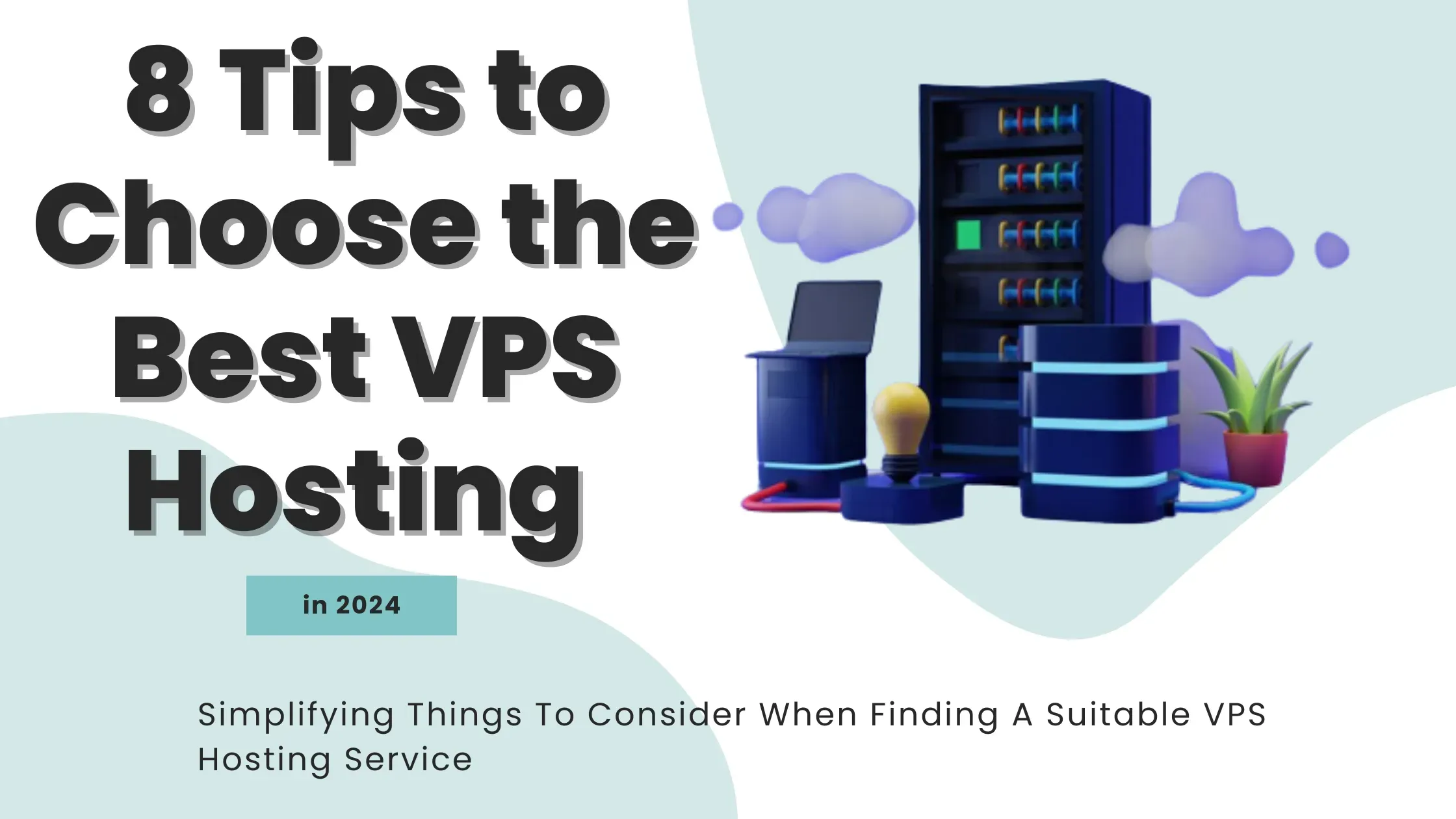
VPS hosting is one of the popular options for many websites and applications to get their websites live in a secure environment in comparison to shared hosting. Finding suitable Virtual Private Server (VPS) hosting for your website can be a big ask. It requires navigating through a plethora of options while keeping in mind your specific needs and future growth plans.
To simplify this process, here we have broken down some vital considerations you need to weigh up before settling on the ideal VPS host. You may have other needs or aspects while searching for a good VPS server, so we suggest first you note your requirements, this makes more easier to finalize a decision.
1. Deciding on the Right Operating System for Your VPS
Choosing an appropriate operating system is a crucial step when setting up your VPS. This foundation manipulates all the operations, performances and functionalities of your website.
For instance, picking between Ubuntu or CentOS for your VPS could significantly impact how you manage resources and security measures. Therefore, thoroughly research these systems to make sure you select what best matches your needs and technical ability.
2. The Importance of Scalability in VPS Hosting
Scalability is an essential factor to consider when selecting a VPS hosting service. As your business or website grows, you'll need a server that can accommodate this expansion easily and efficiently.
A hosting service with scalability allows for an increase in resources such as storage capacity, processing power, and bandwidth when needed. Without scalable options, you risk inefficient performance or functionality during peak times or as traffic increases on your site.
3. Security Considerations for Your VPS Server
Ensuring your VPS server's security should be a priority when seeking VPS hosting services. Cyber threats are rising at an alarming pace, so you need adequate safeguards to protect sensitive data and keep your website secure from malicious attacks.
Look out for features like high-level encryption, frequent system updates, firewall configurations and intrusion detection systems. Further, check the provider’s backup policy that is in place in case of any unforeseen circumstances or downtimes.
4. Understanding and Comparing Pricing Structures
While budget shouldn't be the only deciding factor when choosing a VPS hosting service, understanding how different providers structure their pricing is key.
Some may offer enticingly low initial costs but then charge extra for essential features or scaling up services later on. Others might have higher upfront fees but include all necessary tools in that price.
Always investigate the full cost, including any potential add-ons or upgrades, to ensure you're getting true value for your investment.
5. Analyzing the Service Provider's Customer Support Quality
Quality customer support is an often overlooked, but critical aspect of your choice in VPS hosting service.
There will inevitably be times when you encounter difficulties or have questions about your server. That's why it's vital to opt for a provider that offers efficient, round-the-clock support through various channels like phone, email, or live chat.
Reading user reviews can also give you insight into other customers' experiences with the company's support team.
6. Evaluating Uptime Guarantees: The Role of Reliability
Uptime refers to the amount of time your website is accessible and functioning correctly for users, and it's a core aspect of any hosting service’s reliability.
Your VPS hosting provider should guarantee at least 99% uptime. Anything less might mean frequent downtimes impacting both user experience and your website's reputation.
A high uptime percentage ensures that your site remains visible round-the-clock, which is particularly crucial if you're operating a global business reaching different time zones.
7. Looking at Additional Features and Control Panel Options
Beyond the core VPS services, consider any additional features that might be on offer. Does the provider include convenient features such as a one-click installer for popular applications or automatic backups to protect your data?
Moreover, check out the control panel interface. Is it user-friendly enough to allow you to manage your server without needing a lot of technical knowledge?
These extras can make a big difference in the day-to-day management of your site and contribute significantly to user experience.
8. Choosing the Server Location
Believe it or not, the physical location of your VPS server can significantly impact your website's performance.
A server closer to your target audience ensures faster loading times and a smoother browsing experience for visitors due to reduced latency. Therefore, consider where the majority of your users are based before making a final decision on a VPS hosting service provider.
Also, look into whether providers offer Content Delivery Network (CDN) integration to further speed up content delivery globally.
Final Thoughts
Finding the right VPS hosting takes research to fit your specific needs and budget. Keep the above-suggested factors in mind as you compare providers and plans.
Taking the time to carefully evaluate multiple options using this checklist will help you select a hosting service that powers the success of your website or application.
The ideal VPS delivers the best blend of performance, reliability, security, scalability, and affordability. With the right hosting, you can focus on your business goals knowing your site is in good hands!